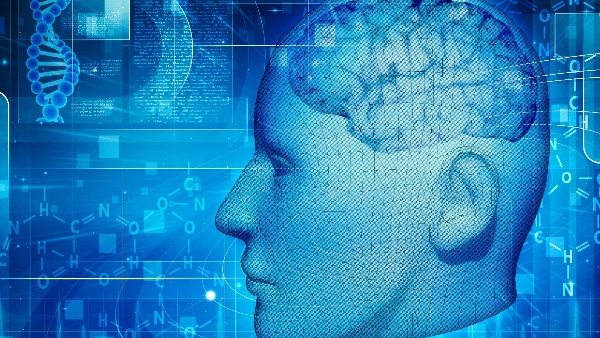ATD Blog
Wings of the Mind
Fri Sep 20 2013

“Music…gives wings to the mind.”
—Plato
If you google the subject “music and the brain,” your search will return approximately 587 million results. Many of these results will offer you a way to improve your brain power by listening to music—for a fee, of course.
While scientists will tell you that the so-called “Mozart Effect” has been greatly overstated, there is a large body of evidence that music works on our minds in powerful ways, something the Greek philosopher Plato seemed to understand intuitively.
Music heals the mind
Moving to music has been shown to help patients with Parkinson’s disease maintain greater control over their bodies, as well as improve their self-reported scores on the “Happiness Measure.” Similarly, dementia patients have improved memory when listening to music from their past.
At least one study has shown music to be more effective than drugs for treating chronic anxiety. And music therapy can be successful in treating abused and traumatized children and adults with Post Traumatic Stress Disorder (PTSD).
These and other benefits of music on the mind are well-documented and have a basis in scientific research. It is even possible to become a board-certified music therapist and become a member of the American Music Therapy Association.
But what is music actually doing to our brains to create such a powerful effect on our behavior and our cognitive performance?
How music works
Listening to music triggers the brain’s reward center, releasing dopamine, the chemical that makes us feel good. (Food and sex also stimulate the release of this chemical.) In fact, music’s effect is so powerful that simply anticipating the experience gets the dopamine process started. This effect is heightened in the teenage brain, which appears to be even more susceptible to the power of music.
Music has also been associated with higher levels of immunoglobin A, an antibody linked to immunity. Music can also stimulate the production of serotonin, a chemical that helps us feel better.
Our brain waves pulsate at the same pace as the music we are hearing. Our heart rate and breathing will also speed up or slow down, in time with the music.
Applications for human capital management
Corporate trainers have been using music for years, and the research has only recently caught up with what educators have intuitively known since Plato. But there are many other potential applications for music in the workplace that leverage the effect of music on the brain. Here are a few ideas:
Group singing can build collaboration and team identity, so maybe there’s a place for it in your next leadership retreat.
Giving your employees music training can help them solve complex problems, or learn a new language. The introduction of music into employee development programs can increase the effectiveness of those programs and reduce time to mastery.
Listening to certain types of music can increase worker productivity, while actually producing music can reduce stress and anxiety.
Google employees have access to a recording studio, where they can find their inner Mozart. Should your organization get with the beat? Why not give it a try? At the very least, you will probably be able to move the happiness needle.
The effect of happiness on worker performance? That’s a topic for another time.
For more on neuroscience applications for human capital, check out the full blog series here.
You've Reached ATD Member-only Content
Become an ATD member to continue
Already a member?Sign In
